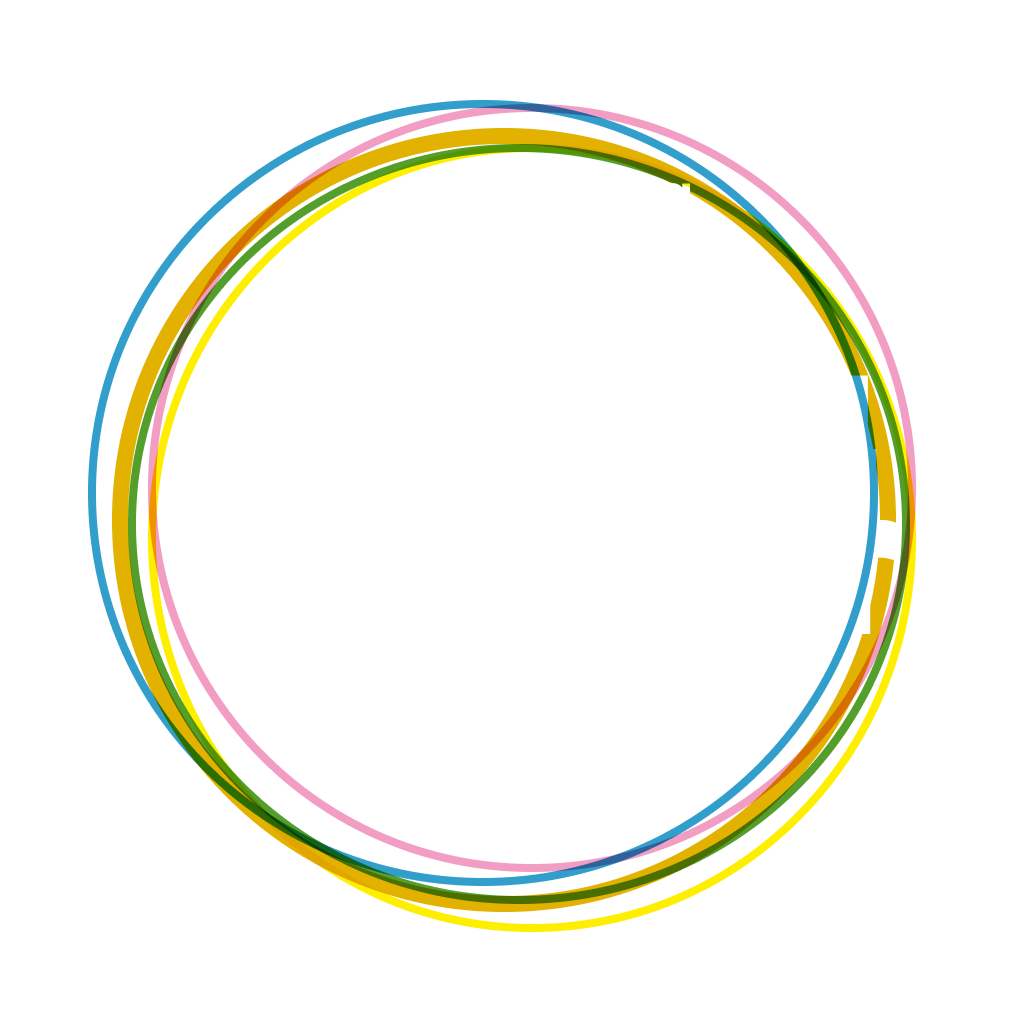Zukunftssalon PlanetProofed in the Seidlvilla: Sustainable mobility
Our first event in the PlanetProofed future salon series with the topic “Rethinking mobility, diversifying leadership”. Florian Hausmann (The Future Circle) breaks the ice with awareness exercises in the garden of the Seidlvilla. Margit Huber (The Future Circle) presents the concept from keynote speeches and subsequent audience discussion with the podium guests.
Ms. Sainida Cordes (Head of Mobility Development and Innovation Stadtwerke München) describes the important role of the Stadtwerke in the traffic transition. By 2030, the share of public transport as the mainstay is to increase from 24% (2017) to 30%, with a decrease in “motorized individual transport (MIT)” to 14% (2017: 24%). More attractive offers by networking the modes of transport such as subway, bus / tram, bicycle, e-scooter / moped play an important role. Philip Reinckens (VP and GM TIER Mobility DACH) explains TIER's claim to close the gap between the public transport routes and “the last mile” to the destination. With this business model, TIER is Europe's leading micro-mobility provider in over 140 cities and 15 countries and works closely with local transport companies. In the new MVGO app from Stadtwerke München, TIER already has a share of 18% of bookings (in addition to public transport 39% and MVG Fahrrad 26%). Even if there are still a few issues to be resolved (battery, scooters parked in the wild, etc.), work is being carried out on the sustainable effect of micromobility: with measures such as 90% reuse and recycling of materials, replaceable batteries, etc., we have been able to 60% of emissions are reduced. Today, an e-scooter causes less than 50g CO2 per person km, taking into account production and use (approx. 1/3 of car emissions). 22% of TIER bookings replace journeys by car in Berlin.
Sustainable solutions need everyone's support through diversity. Birgit Gratz (Transformation Manager Airbus) and Christopher Weber-Fürst explain clearly how more femininity can be achieved in leadership. At Airbus, they created a Female Leadership Community to empower women in leadership positions. Christopher Weber-Fürst believes that women are predestined for the change from the ego to the ECO system.
In the subsequent panel discussion, Oliver Specht (The Future Circle) speaks with Sainida Cordes, Philip Reinckens, Christiane Weiss (founder of LastiBike) and Lars Sammann (Center Manager Forum Schwanthaler Höhe) about the future of a largely car-free city. Ms. Cordes sees the advantages of a traffic-calmed, green, public space that makes a lot possible. At the weekend, people from Munich like to go hiking in the mountains, why shouldn't they cover longer distances on foot during the week - when the surroundings are green? The municipal utilities are working on mobility hubs with the integration of different forms of mobility in order to optimally "orchestrate" the individual modes of transport and offer attractive, alternative solutions to cars. Lars Sammann emphasizes that retailers are also slowly rethinking. While accessibility by car used to be the top priority, today the advantages of a high quality of stay and the integration of the shopping center into the city quarters are also appreciated. A rethink is taking place. The transport of the goods continues to be a challenge. Christiane Weiss explains the LastiBike concept. Cargo bikes are only used temporarily and need a large parking space at home. Sharing “on demand” offers a good alternative. It works when it is linked to concepts such as “cooperative residential complexes” or shopping centers. How to use it still has to be learned, the concept is still too little known. TIER had fewer problems with awareness in the first cities when it started in 2018. The curiosity of customers about the new form of transport was so great and it was so easy to use that no great marketing effort was necessary. The challenges today are more the integration into the public traffic area (disturbing and lying around scooters, mindfulness towards pedestrians). A sense of proportion is important when it comes to the number of scooters, as in Munich with a limit, and cooperation with the city authorities. It was critically discussed that the scooters cannibalize public transport, for example. Ms. Cordes explains, however, that this is gladly accepted (the volume does not significantly affect the occupancy rate) in order to expand the entire mobility offer and thus to be more attractive compared to the MIT.
The evening ends with further good discussions among the guests about new solutions, networking among the participants and interesting project ideas. We hope we have been able to make a difference with our event - with a positive impact on the planet and society.
